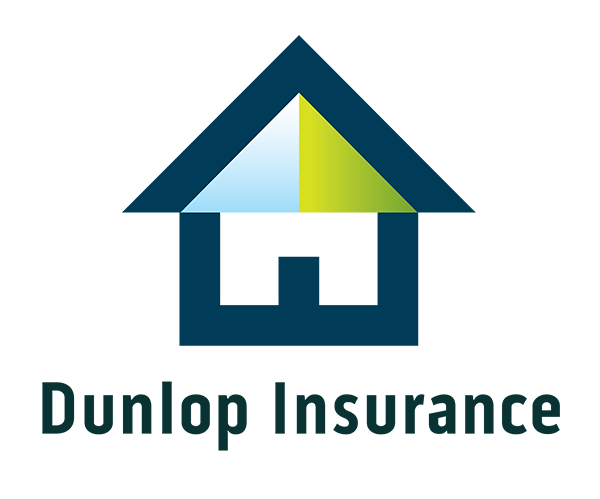
Business insurance is a critical aspect of managing and protecting a business in New Zealand. It provides a safety net against a wide range of risks that could impact the operations, financial health, and reputation of a company. Whether you run a small business or a large enterprise, having the right insurance coverage is essential for safeguarding your assets, employees, and livelihood. Here’s a detailed overview of business insurance in New Zealand:
Public Liability Insurance: This is one of the most important types of insurance for businesses. It covers your business if you’re found legally responsible for injury or damage to a third party or their property. This could include customers, clients, or members of the public who interact with your business.
Professional Indemnity Insurance: This is essential for businesses that provide advice, consultancy, or professional services. It protects against claims of negligence, errors, or omissions that cause financial loss to your clients.
Commercial Property Insurance: This insurance covers the physical assets of your business, such as buildings, equipment, stock, and furniture, against risks like fire, theft, or natural disasters.
Business Interruption Insurance: If your business is unable to operate due to an insured event (like a fire or flood), business interruption insurance helps cover the loss of income and ongoing expenses until you can resume normal operations.
Employer’s Liability Insurance: If you have employees, this insurance covers your legal liabilities if an employee is injured or becomes ill due to their work. It’s particularly important in industries with higher risks of workplace accidents.
Cyber Insurance: As businesses increasingly rely on digital operations, cyber insurance is becoming more important. It covers the costs associated with data breaches, cyberattacks, and other technology-related risks, including legal fees, notification costs, and recovery of data.
Product Liability Insurance: For businesses that manufacture, distribute, or sell products, this insurance covers you against claims of injury or damage caused by a product you supplied.
Directors and Officers (D&O) Insurance: This insurance protects the personal assets of directors and officers if they are sued for wrongful acts in managing the company. It covers legal fees, settlements, and other related costs.
Industry Type: The nature of your business significantly affects your insurance premiums. High-risk industries, such as construction or manufacturing, typically face higher premiums due to the increased likelihood of claims.
Business Size: The size of your business, including revenue, number of employees, and the value of assets, influences the cost of insurance. Larger businesses with more extensive operations generally have higher premiums.
Claims History: A history of frequent claims can increase your insurance costs. Insurers may view a business with multiple claims as a higher risk.
Risk Management: Implementing strong risk management practices, such as safety protocols, employee training, and cybersecurity measures, can lower your insurance premiums by reducing the likelihood of claims.
Machinery Breakdown Insurance: This covers the repair or replacement costs if your business machinery or equipment breaks down unexpectedly.
Key Person Insurance: This insurance provides financial protection if a key employee or business owner becomes incapacitated or dies. It can help cover the costs of finding a replacement or compensating for lost revenue.
Fleet Insurance: If your business operates multiple vehicles, fleet insurance can cover all vehicles under a single policy, often at a lower cost than insuring each vehicle separately.
Common Exclusions: Business insurance policies may exclude coverage for intentional acts, certain types of fraud, or damage caused by war or terrorism. Additionally, some policies may have exclusions for specific risks, such as earthquakes or floods, depending on the location of the business.
Policy Limits: Insurance policies often have limits on the amount they will pay out for specific claims or categories of claims. It’s important to ensure that these limits are sufficient to cover potential losses your business could face.
Claim Process: When an insured event occurs, it’s important to notify your insurer as soon as possible. You’ll need to provide detailed information about the incident, including any relevant documentation, such as police reports, witness statements, and financial records.
Assessment and Settlement: The insurer will assess the claim, often requiring additional information or an investigation. If the claim is approved, the insurer will either repair, replace, or compensate for the loss according to the policy terms.
Business insurance in New Zealand is a crucial component of protecting your enterprise against a variety of risks. With options ranging from public liability to cyber insurance, there are policies available to cover nearly every aspect of business operations. Understanding the different types of coverage, factors affecting premiums, and the importance of comprehensive protection allows business owners to make informed decisions and ensure their company is adequately safeguarded. Regularly reviewing and updating your business insurance policies is essential to maintaining coverage that aligns with the evolving needs and risks of your business.

Your Financial Safety Net.

